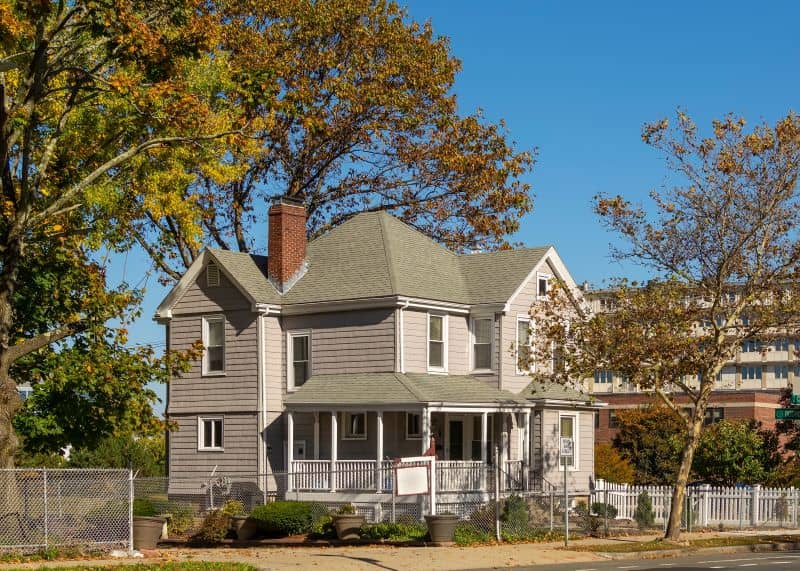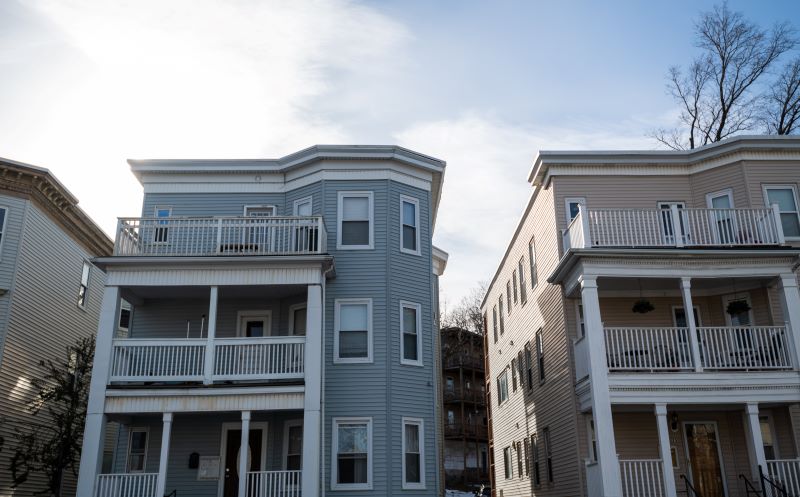
There are certain key terminologies used in mortgages that every home buyer should know. If you are taking out a mortgage, it’s essential that you understand the terms used. Otherwise, you could find yourself in a financial bind due to your lack of knowledge.
In November, we discussed 10 mortgage terms all homebuyers should know before purchasing a home in Boston. We have received many follow- up questions, so here are 9 more terms you should know:
Amortization.
Amortization is paying off a loan at regular intervals, typically over a planned period of time. When you amortize a mortgage, the balance is reduced over time. The mortgage payments are being applied to the interest charges on the mortgage, as well as the principal amount.

Appraisal.
Appraisal is the estimation of value of a property based on comparable real estate sales and other factors in the area by an authorized individual. Usually, lenders order appraisals when underwriting the loan. The appraised value of a home is important to lenders because the property serves as a collateral to secure the mortgage. Appraisal fees are generally charged to the loan.
Balloon Payment.
A Balloon payment occurs when a homeowner pays a large lump- sum amount at the end of their loan. A mortgage that requires a balloon payment is generally intended to shorten the repayment period and reduce the monthly amortization payments. Sometimes investors that are completing construction will use this financial tool so the balloon payment will come due when the property is sold.
Closing Costs.
Closing costs are the charges above and beyond the property purchase price that the buyer is responsible for to complete the real estate transaction. When you pay your closing costs, you are paying to finalize the underwriting costs of the mortgage – such as loan origination fees, title search, title insurance, taxes, recording fees and more. Since the term closing costs can include a wide variety of costs and fees, you should ask your loan officer about what your specific closing costs might be before applying for a mortgage.

Earnest Money Deposit.
The earnest money deposit is paid to the seller in order to demonstrate serious intent to buy their property. Think of it as a good faith financial gesture. The earnest money will be held in an escrow account (usually the list office holds the deposits in their escrow account, or sometimes the seller’s attorney), and, if the seller accepts your offer. At closing the deposit will be applied to your down payment. If the seller does not accept the offer, then the “earnest money deposit” is returned to the interested buyer.
Jumbo Loan.
A Jumbo loan is a non- conforming home loan. This means it doesn’t abide by the guidelines of Freddy Mac and Fannie Mae for mortgage loans. “Jumbo” loans are known as such due to their larger price tag when compared conventional conforming home loans. Jumbo mortgages usually require more money upfront and have higher interest rates than conforming mortgages. Read our recent blog on “Conforming Loans vs. Non- Conforming Loans” for more details.
Points / Discount Points.
Discount Points are a percentage of your mortgage amount that you pay upfront to get a lower interest rate on a mortgage. Points are usually paid when the mortgage is funded. Lenders look favorably at discount points because it reduces their exposure to risk on a specific loan.

Refinancing.
Loan refinancing is when you replace one mortgage agreement with another, typically for better terms. While the refinancing may result in better terms and lower monthly payments, at closing the homeowner may have to pay for additional charges and “refinancing fees”. These extra fees may be bundled into the value of the loan. You should consult with a reputable mortgage loan officer if you’re thinking of refinancing. The loan officer can help you navigate the differences between your current mortgage terms and those of a new agreement.
Seller Concessions.
Seller concessions occur when a seller agrees to pay for a portion of the closing costs. Concessions are usually negotiated when an offer is submitted. Seller credits can also be given if the seller has deferred maintenance repairs (for example leaking roofs, broken windows). This is sometimes agreed to after an inspection brings repairs to light that the seller may have not been aware of.
Seller Contributions are fees paid by the seller at closing for any repair/improvement work they may have done to improve the property prior to selling it. Seller credits can also be given if the seller has deferred maintenance repairs needed on the home (for example leaking roofs, broken windows).
Boston Home- Buyers Deserve to Be Informed.
If you’re looking to buy a home in Boston with a mortgage, you need to understand these are terms you’ll have to live with for 15-30 years (if obtaining a fixed loan). The conditions of mortgages are often misunderstood, so let us know if there are other terms you have questions about.
We take the guesswork out of finding your dream home and help you make the best decision for you! Reach out to one of our real estate specialists today at (617) 208- 2121.
Sarah McMahon
Published January 25, 2022





